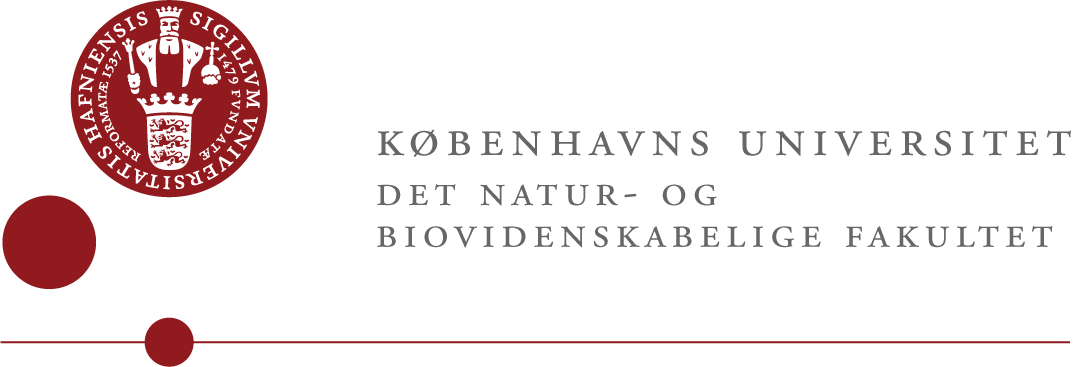Available Software

Software Available via Module Utility
ANACONDA is completely free enterprise-ready Python distribution for large-scale data processing, predictive analytics, and scientific computing.
VEROS is Versatile Ocean Simulation in Pure Python, aims to be the swiss army knife of ocean modeling. It is a full-fledged GCM that supports anything between highly idealized configurations and realistic set-ups, targeting students and seasoned researchers alike. Thanks to its seamless interplay with Bohrium, Veros runs efficiently on your laptop, gaming PC (with experimental GPU support through OpenCL), and small cluster.
C++ Boost library provides free peer-reviewed portable C++ source libraries to speedup software development.
NCO is netCDF Operator toolkit, which manipulates and analyzes data stored in netCDF-accessible formats, including DAP, HDF4, and HDF5. It exploits the geophysical expressivity of many CF (Climate & Forecast) metadata conventions, the flexible description of physical dimensions translated by UDUnits, the network transparency of OPeNDAP, the storage features (e.g., compression, chunking, groups) of HDF (the Hierarchical Data Format), and many powerful mathematical and statistical algorithms of GSL (the GNU Scientific Library). NCO is fast, powerful, and free.
CDO (Climate Data Operators) is a collection of command line Operators to manipulate and analyze Climate and NWP model Data. Supported data formats are GRIB 1/2, netCDF 3/4, SERVICE, EXTRA and IEG. There are more than 600 operators available.
CESM is NCAR/UCAR Community Earth System Model
FFTw3 (serial & parallel, single & double precision) is a C/FORTRAN subroutine library for computing the discrete Fourier transform (DFT) in one or more dimensions, of arbitrary input size, and of both real and complex data (as well as of even/odd data, i.e. the discrete cosine/sine transforms or DCT/DST).
GCC is the GNU Compiler Collection includes front ends for C, C++, Fortran, as well as libraries for these languages (libstdc++,...). GCC was originally written as the compiler for the GNU operating system.
ecCodes API ECMWF is an application program interface accessible from C, FORTRAN and Python programs developed for encoding and decoding WMO FM-92 GRIB edition 1 and edition 2 messages. A useful set of command line tools is also provided to give quick access to GRIB messages.
GSL (GNU Scientific Library) is a numerical library for C and C++ programmers. The library provides a wide range of mathematical routines such as random number generators, special functions and least-squares fitting. There are over 1000 functions in total with an extensive test suite.
HDF5/HDF5-parallel (Hierarchical Data Format) is a data model, library, and file format for storing and managing data. It supports an unlimited variety of data-types, and is designed for flexible and efficient I/O and for high volume and complex data. HDF5 is portable and is extensible, allowing applications to evolve in their use of HDF5. The HDF5 Technology suite includes tools and applications for managing, manipulating, viewing, and analyzing data in the HDF5 format.
OpenBLAS is Linear Algebra PACKage written in C & Fortran and provides routines for solving systems of simultaneous linear equations, least-squares solutions of linear systems of equations, eigenvalue problems, and singular value problems. The associated matrix factorizations (LU, Cholesky, QR, SVD, Schur, generalized Schur) are also provided, as are related computations such as reordering of the Schur factorizations and estimating condition numbers. Dense and banded matrices are handled, but not general sparse matrices. In all areas, similar functionality is provided for real and complex matrices, in both single and double precision.
METIS is a set of serial programs for partitioning graphs, partitioning finite element meshes, and producing fill-reducing orderings for sparse matrices. The algorithms implemented in METIS are based on the multilevel recursive-bisection, multilevel k-way, and multi-constraint partitioning schemes.
MPICH2 is a Message Passing Interface-3 implementation.
OpenMPI is a Message Passing Interface-3 implementation.
NetCDF4 (Network Common Data Form) is a set of interfaces for array-oriented data access and a freely distributed collection of data access libraries for C, Fortran, C++ languages. The netCDF libraries support a machine-independent format for representing scientific data. Together, the interfaces, libraries, and format support the creation, access, and sharing of scientific data.
NetCDF-Parallel is a library providing high-performance parallel I/O while still maintaining file-format compatibility with Unidata's NetCDF, specifically the formats of CDF-1 and CDF-2. Although NetCDF supports parallel I/O starting from version 4, the files must be in HDF5 format. PnetCDF is currently the only choice for carrying out parallel I/O on files that are in classic formats (CDF-1 and 2). In addition, PnetCDF supports the CDF-5 file format, an extension of CDF-2, that supports more data types and allows users to define large dimensions, attributes, and variables (>2B elements). NetCDF gives scientific programmers a self-describing and portable means for storing data. However, prior to version 4, netCDF does so in a serial manner. By making some small changes to the netCDF APIs, PnetCDF can use MPI-IO to achieve high-performance parallel I/O.
PETSc (real, complex) pronounced PET-see (the S is silent), is a suite of data structures and routines for the scalable (parallel) solution of scientific applications modeled by partial differential equations. It supports MPI, shared memory pthreads, and GPUs through CUDA or OpenCL, as well as hybrid MPI-shared memory pthreads or MPI-GPU parallelism.
PISM is an open source, parallel, high-resolution ice sheet model.
ELMER is an open source multiphysical simulation software mainly developed by CSC - IT Center for Science (CSC).
